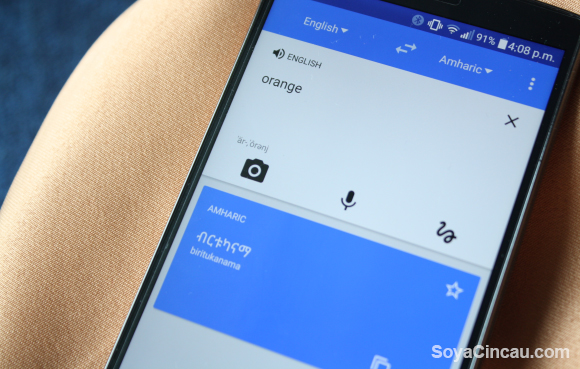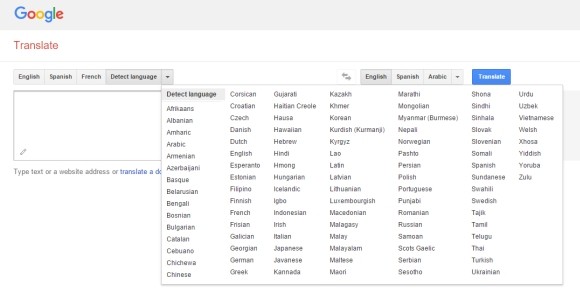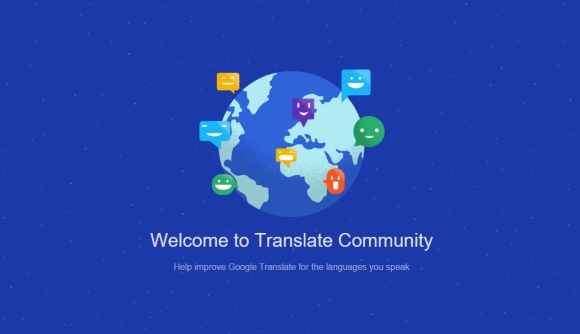
Let’s face it, although Google Translate does not give the most accurate of translations (it often gets the context part wrong) for long sentences, we still use it because it’s simple, has a wealth of languages to choose from, and can help you in a pinch.
If we’re being honest, I use it to translate Chinese New Year greetings all the time because that’s how much of a banana I am. The good news is that Google is adding thirteen new languages to their Translate service, bringing the total up to 103 supported languages.

According to Google, by adding the extra languages, Translate now covers 99% of the online population. Besides simply listing out the new languages added, Google also paired them with a few fun facts about each language.
Amharic (Ethiopia) is the second most widely spoken Semitic language after Arabic.
Corsican (Island of Corsica, France) is closely related to Italian and was Napoleon’s first language.
Frisian (Netherlands and Germany) is the native language of over half the inhabitants of the Friesland province of the Netherlands.
Kyrgyz (Kyrgyzstan) is the language of the Epic of Manas, which is 20x longer than the Iliad and the Odyssey put together.
Hawaiian (Hawaii) has lent several words to the English language, such as ukulele and wiki.
Kurdish (Kurmanji) (Turkey, Iraq, Iran and Syria) is written with Latin letters while the others two varieties of Kurdish are written with Arabic script.
Luxembourgish (Luxembourg) completes the list of official EU languages Translate covers.
Samoan (Samoa and American Samoa) is written using only 14 letters.
Scots Gaelic (Scottish highlands, UK) was introduced by Irish settlers in the 4th century AD.
Shona (Zimbabwe) is the most widely spoken of the hundreds of languages in the Bantu family.
Sindhi (Pakistan and India) was the native language of Muhammad Ali Jinnah, the “Father of the Nation” of Pakistan.
Pashto (Afghanistan and Pakistan) is written in Perso-Arabic script with an additional 12 letters, for a total of 44.
Xhosa (South Africa) is the second most common native language in the country after Afrikaans and features three kinds of clicks, represented by the letters x, q and c.
No way, Samoan is only written using 14 letters? Also, how did I not guess that wiki came from the Hawaiian language?
Anyway, Google Translate has grown by quite a substantial amount but Google says that they’re not done yet. In fact, they’re encouraging those who want to contribute to the Translate efforts to lend a helping hand on International Mother Language day which is just around the corner on February 21.

Those interested can get involved with the Translate Community and to start, just select the languages you speak; then choose to either translate some phrases on your own or validate existing translations. Every contribution helps improve the service.
But, I know what’s on everyone’s mind now that we have a whole bunch of new languages to translate into — MORE FUNKY SONGS FROM GOOGLE TRANSLATE SINGS!
In any case, contribution from the society matters as at the end of the day we’re the ones using this service so obviously, we want it to be as accurate as possible. With this continual growth, let’s hope that Google will add in-game languages too. DotA language anyone?






